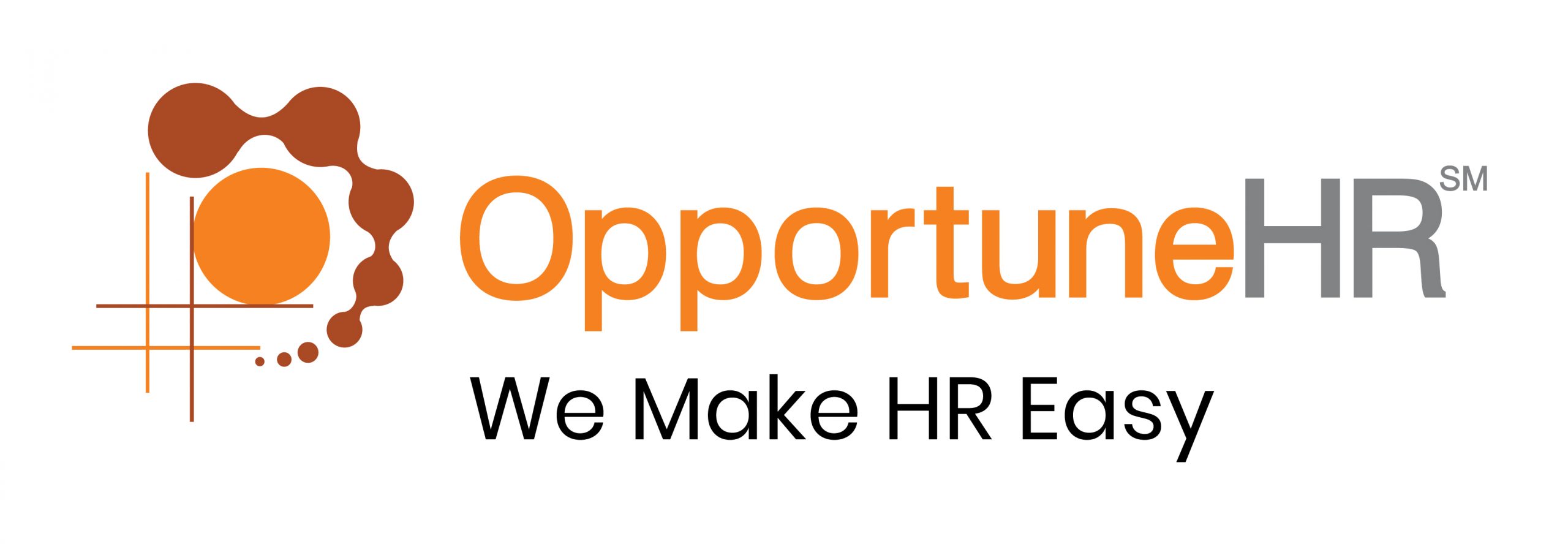In today’s knowledge-driven economy, it is important to have a comprehensive Human Resources Management system that manages data in a decision-supportive manner. Such system provides CFO / Finance manager’s tools to assist in corrective decision-making for reducing costs and enhancing profits for the company.
When you have a system that captures and analyses every possible information on human resources, it effectively provides you crucial piece of information on how to reduce attrition and increase retention. It reduces cost for CFO substantially by reducing no. of people required on the job to manually perform the same function.
Managing remuneration and taxation for employees is an onerous task and if one were deploy finance managers to manually handle this function, it will require huge amount for finance people which is unnecessary cost to the company, while, an HRMS system handles it with ease in an employee ready format through self service option on portal.
MIS management is another application from HRMS that allows data mining for correct long-term policy planning for the company.
Above mentioned facts throw some light on the indispensability of the HRMS system for an organisation. There are numerous such applications of HRMS which are mandatorily required by today finance’s manager to keep costs under control and also keep human resources happy at their workplace
HRMS automation helps the CFO understand and monitor the HR function. The data and MIS reports based on these data help them understand the financial implications of various HR decisions at a glance.
It is a must in today’s scenario to start working with real data rather than gut feelings.
Once data is there, the HR / Finance conflict resolves much faster. The data puts evidence to various points of view and help make better decisions.
Share on




